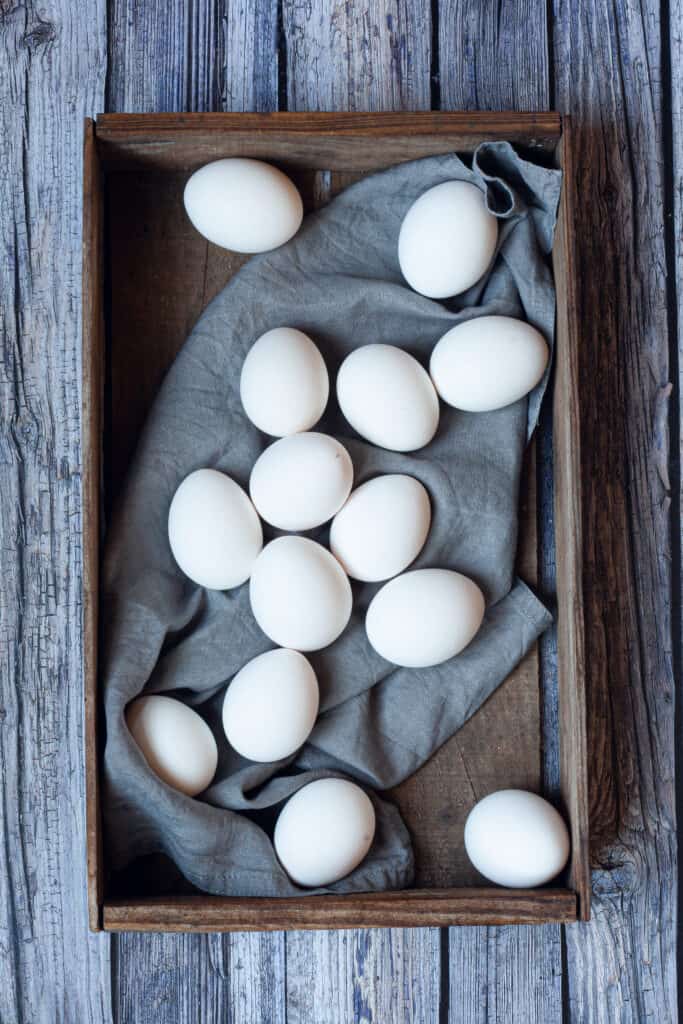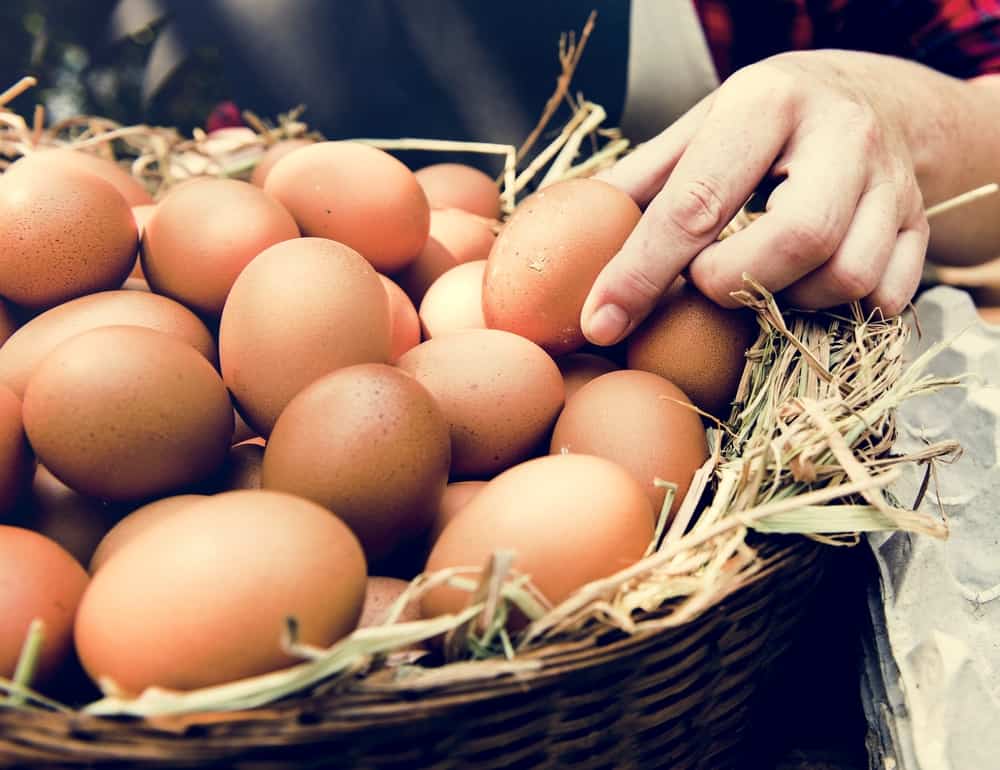Christmas gift buying needn’t be stressful!
As always there are a wonderful range of book ideas that make perfect presents – I’ve rounded up some of my top suggestions below, and naturally they’re all available from your favourite local independent bookseller (that’s me, by the way). Have a good Christmas! Wayne
PS – Just click the book covers to buy. And you can see all my previous Book Corner recommendations on the BV website here!

The Countryman by Johnny Scott £17
From the toad to the bumblebee, the cuckoo to the pheasant, the life cycle of the dragonfly, the attractions of the nightjar and the dove, the development of sheep breeds and the value of the cottager’s pig – these are just some of the characters of the natural world as described by Johnny Scott.
The Light We Carry by Michelle Obama £25
The former First Lady shares her practical wisdom and powerful strategies for staying hopeful and balanced in today’s highly uncertain world.


The Satsuma Complex by Bob Mortimer £17 – signed copies available. The much-loved comic proves adept at noir-ish fiction in a debut whose surrealist humour sets it apart.
And Bob’s other half Jim Moir (aka Vic Reeves) …
Birds by Jim Moir £15
Jim loves birds. His popularity as a painter has soared. The simplicity and sincerity of his bird paintings have given them cult status. Now, for the first time, one hundred of these beautiful paintings are gathered together in this exquisite book.


Slow Cooker Favourites £5.99, stocking filler
For those of us with busy lifestyles and little time to spare, slow cookers are a priceless helping hand in the kitchen – with as little as ten minutes spent preparing a dish at the beginning of the day, you can enjoy delicious food a few hours later without slaving away at a hot stove.
A Ukrainian Christmas £17
‘History, stories, recipes and beautiful illustrations’ – Olia Hercules
’Christmas brings the indestructibility of hope in times of the greatest hopelessness. As long as we celebrate this holiday, we can neither be defeated nor destroyed. This is the message that Ukraine is trying to convey to the world. A donation of the sale of each book is made to the Disasters Emergency Committee Ukraine Humanitarian Appeal


The Lost Orchards : Rediscovering the forgotten apple
varieties of Dorset £18
About two-thirds of Britain’s small, traditional orchards have been lost since 1960. This is a loss in ecological diversity, in community knowledge and the intricacy of local distinctiveness. In 2007 the pomologist Liz Copas and cidermaker Nick Poole began a quest to find and identify old varieties of cider apple trees around Dorset.
Taking Stock : A Journey Among Cows by Roger Morgan Grenville £17
At the age of 61, with no farming experience, Roger signed on as a part-time labourer on a beef cattle farm to tell their side of the story. The result is this lyrical and evocative book.


The Book of Dog Poems by Ana Sampson £13
The relationship between us humans and our dogs has inspired some of the world’s greatest poets. Sometimes funny, sometimes moving, the poems in this beautifully illustrated anthology are a true celebration of the faithful, affectionate, delightful dog. The perfect gift for dog lovers.
Book of Cat Poems by Ana Sampson £13
This beautifully illustrated anthology of cat poetry is a celebration of the world’s most loved pet by the world’s best loved poets.
The purrfect gift for cat lovers (sorry).


Gobbolino the Witch’s Cat by Ursula Moray Williams £10
Gobbolino has sparky whiskers and magic tricks, but he wants to be a simple kitchen cat.
Reissued for its 75th anniversary with illustrations by the award-winning Catherine Rayner, this classic tale has been loved by generations of children.
The Christmasaurus by Tom Fletcher £8
In this timeless picture book adventure. Christmasaurus wants more than anything to be able to fly, and help pull Santa’s sleigh across the sky on Christmas Eve. But flying turns out to be much harder than he thought, even with Santa’s help! One special Christmas, however, he falls down a chimney and meets a dinosaur-obsessed little boy who teaches him the magic of believing …





















